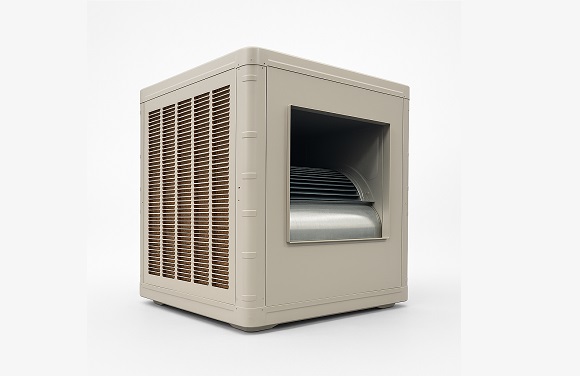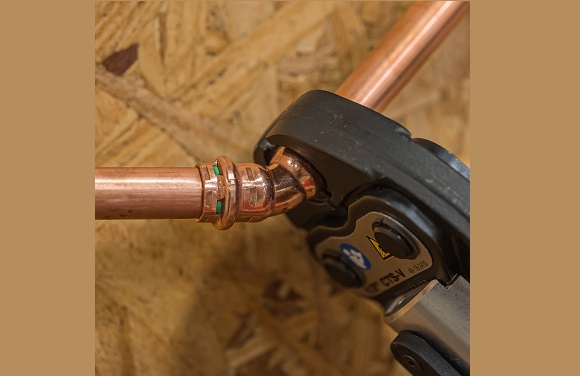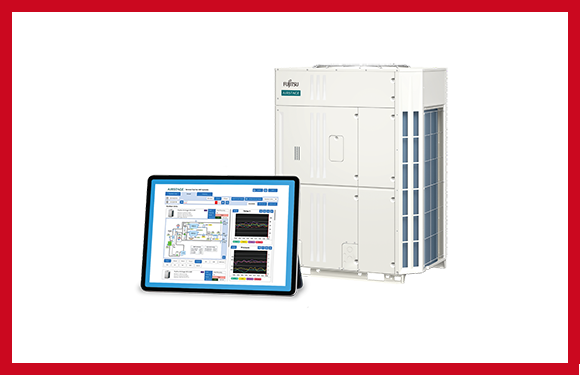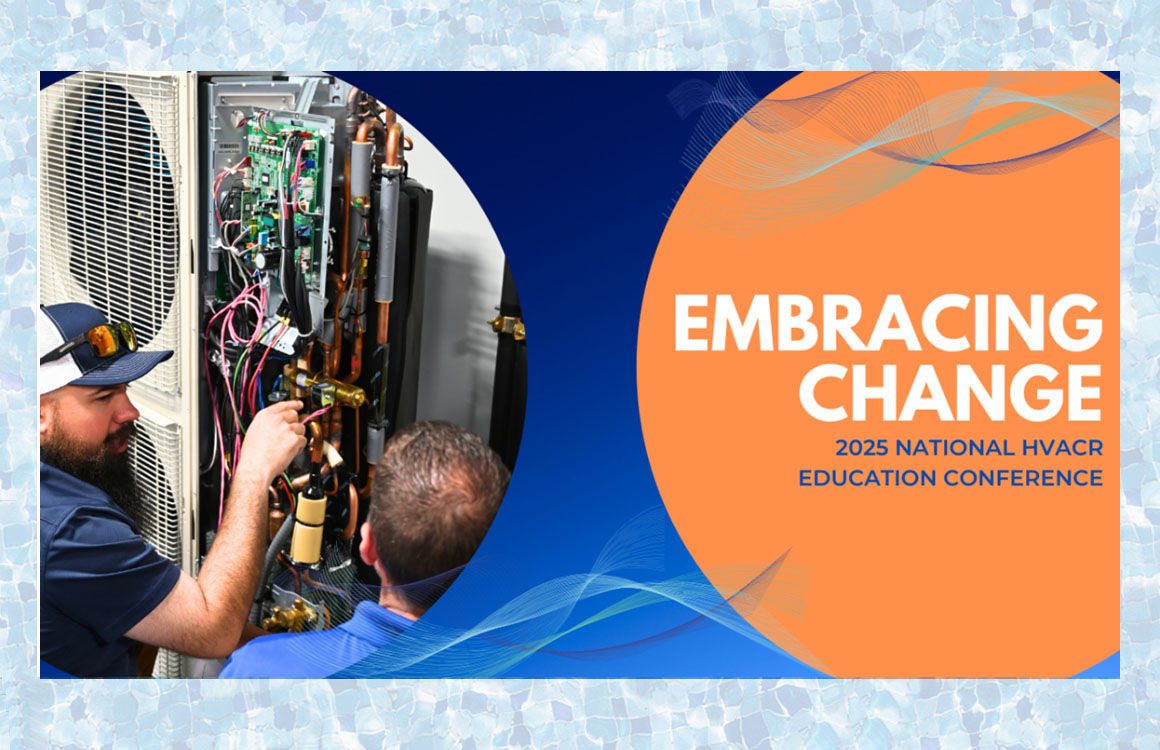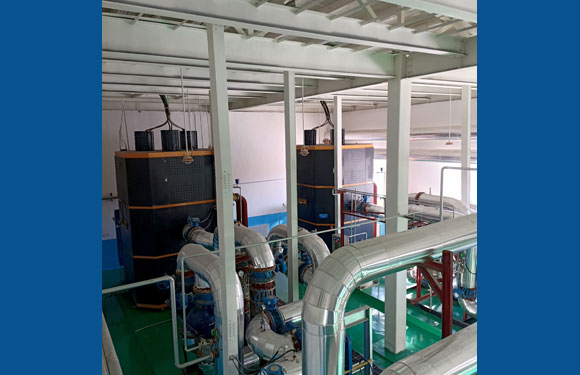
Commercial Equipment, Heating, Training
Why Modern Electric Boilers are a Safer Choice
Acme Engineering is a North American manufacturer of boilers for large industrial and commercial applications. The company is an ISO 9001:2015 certified manufacturer of environmental controls and systems with integrated mechanical, electrical and electronic capabilities.
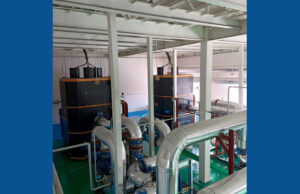
In gas-fired boilers, explosions can result in the ignition and instantaneous combustion of highly flammable gas, vapor or dust that has accumulated in a boiler. The force of the explosion is often much greater than the boiler combustion chamber can withstand.
Minor explosions, known as flarebacks or blowbacks, can also suddenly blow flames many feet from firing doors and observation ports, seriously burning anyone in the path of a flame.
Natural gas-fired boiler emissions also pose potential hazards in the form of emissions. This can include nitrogen oxides (NOx), carbon monoxide (CO), nitrous oxide (N2O), volatile organic compounds (VOCs), sulfur dioxide (SO2) and particulate matter (PM), as well as the greenhouse gasses carbon dioxide (CO2) and methane (CH4), which accelerate global warming.
In addition, fossil fuel burning boilers can also face potentially dangerous operational issues stemming from excessive heat accumulation, particularly if the water is too low in the system to properly absorb the heat. High heat conditions can compromise the boiler, electrodes and other equipment essential to operation.
To dramatically improve operator and environmental safety, industry is turning toward modern electric boilers that eliminate many of these risks. The most advanced electrode boilers not only match the capacity of large gas or oil-fired boilers but are safer and more compact, maximizing energy efficiency, improving reliability and minimizing maintenance.
Although many facility engineers are familiar with gas-fired boilers, many believe that electric boilers cannot match the output of the traditional, fossil fuel burning units. Due to considerable advances in electric boiler technology, however, such technology can now match the capacity of large gas or oil-fired boilers in a much smaller footprint.
Presser explains that electric boilers utilize the conductive and resistive properties of water to carry electric current and generate steam. An A.C. current flows from an electrode of one phase to ground using the water as a conductor. Since chemicals in the water provide conductivity, the current flow generates heat directly in the water itself. The more current (amps) that flows, the more heat (BTUs) is generated, and the more steam produced.
As an example, in Acme’s CEJS High Voltage Electrode Steam Boiler, almost 100% of the electrical energy is converted into heat with no stack or heat transfer losses. The electrodes of the jet type electrode steam boiler are vertically mounted around the inside of the pressure vessel. This enables the unit to produce maximum amounts of steam in a minimum amount of floor space, with boiler capacity from 6MW to 52MW. Operating at existing distribution voltages, 4.16 to 25 KV with up to 99.9% efficiency, the boiler can produce up to 170,000 pounds of steam per hour. With pressure ratings from 105 psig to 500 psig, the boilers are designed to ASME Section 1, and are certified, registered pressure vessels at the location of the boiler.
“With the jet type electrode boilers, there are no combustion hazards because there are no flames, fumes, fuel lines or storage tanks, which minimizes the risk of explosions and fires,” Presser said.
In case of an electrical short, the breaker that protects the high voltage circuit trips in a matter of milliseconds, protecting the boiler and the electrical network. There is no chance of electrical mishap or fire from the boiler.
Since the design does not rely on combustion, it does not create emissions that would endanger the operator or environment. In addition, the design eliminates many environmental issues associated with fuel burning boilers such as fuel fumes, fly ash and large obtrusive exhaust stacks.
The approach resolves safety issues related to potentially excessive heat accumulation with the system as well. Low water protection is absolute since the absence of water prevents current from flowing and the electrode boiler from producing steam. Unlike conventional electric boilers or fossil fuel boilers, nothing in the electrode boiler is at a higher temperature than the water itself. This prevents the risk of dangerous heat buildup in the boiler, electrodes and other important components even if scaling should occur, and thermal shock is eliminated.
“Electric boilers, and specifically the electrode units, are inherently the safest boiler design today. These units do not need an operator because if anything goes wrong, the breaker trips, preventing further escalation of the issue,” Presser said.
The electric boilers also improve safety by reducing industrial noise, which is an OSHA regulated issue. Under OSHA’s Noise Standard, the employer must lower noise exposure through engineering controls, administrative controls or Hearing Protection Devices (HPDs) to attenuate the occupational noise received by the employee’s ears to within levels specified.
In this regard, the electric units are also exceptionally quiet compared to fuel fired boilers. “Unlike gas-powered burners that throttle like turbine engines almost continually, electric boilers keep operational noise levels down,” Presser said. “Because the loudest boiler component is a circulating pump motor, you can have a conversation next to one without the need to elevate your voice.”
While safety of the electrode units is superior, there are also significant benefits in terms of reliability and maintenance. The absence of excessive temperatures and burnout assures longer operating life. The boilers have a minimum number of components and electrical controls. With no fuel residues, along with fewer parts and simple control systems, cleaning and maintenance requirements are reduced, and reliability is enhanced.
Processors have long sought to improve safety, yet options have been limited. Now, as safer, more energy-efficient alternatives become more widely available in the form of state-of-the-art electrode boilers, companies can protect their people and processes more completely while minimizing required maintenance.

